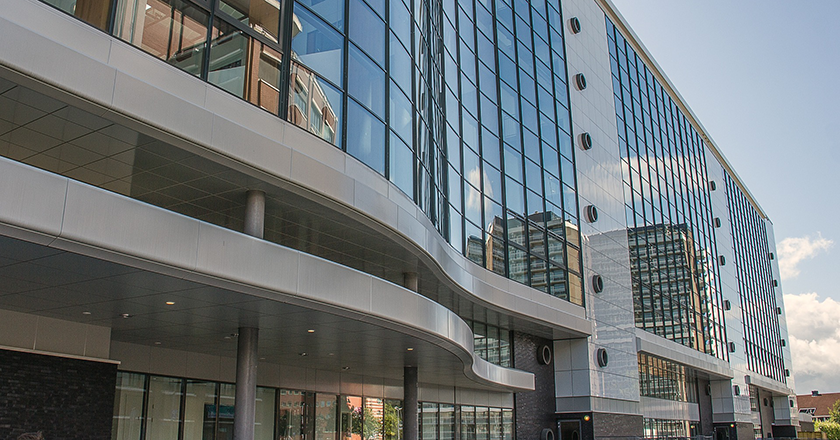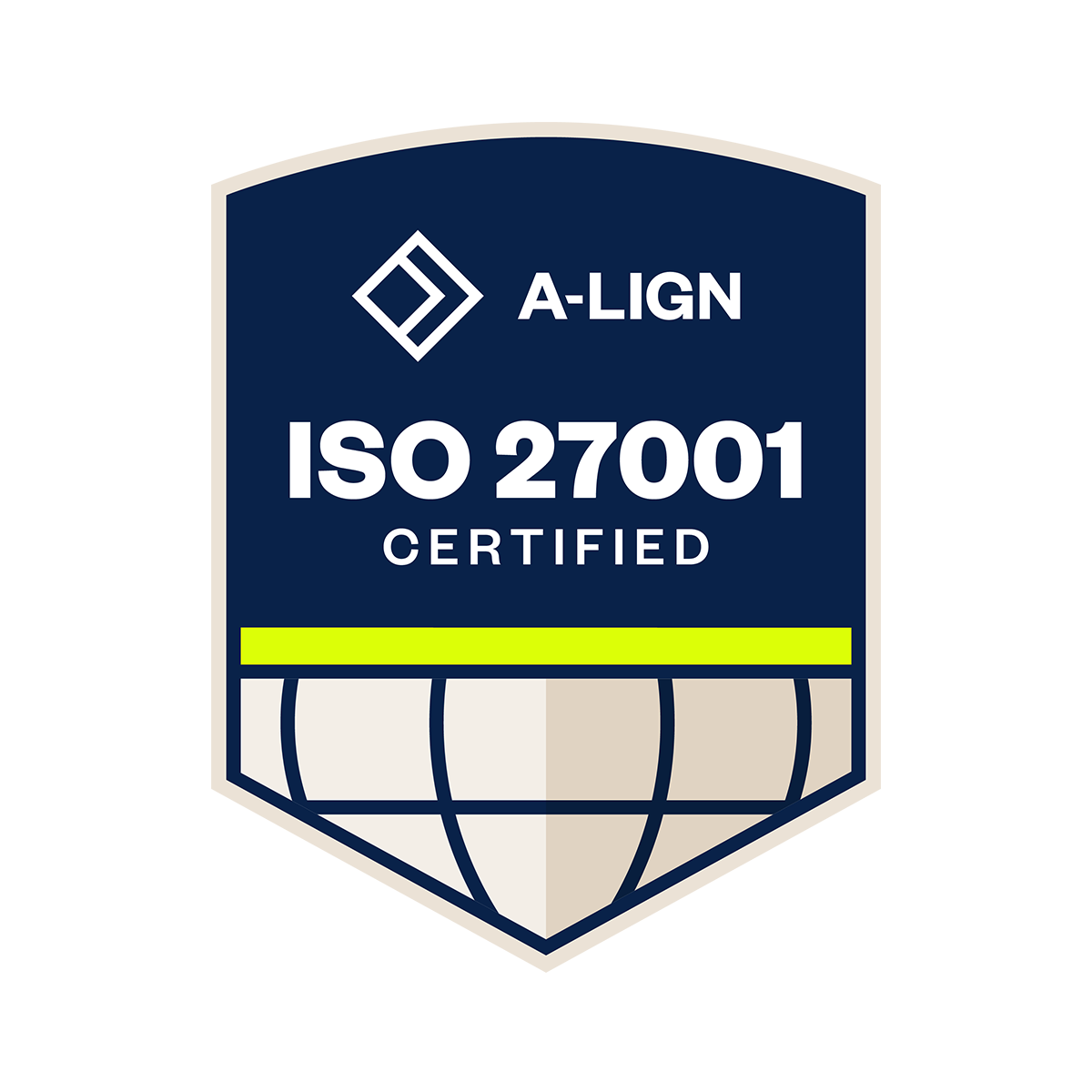Hospitals operate in delicate environments. Preparedness, then, is a critical part of operations for hospitals.
The Joint Commission helps ensure hospitals meet certain preparedness standards through an accreditation program. The commission’s surveyor will score the hospital, determining if they receive the stamp of approval. Inspections are random, however, compounding the need for hospitals to always be prepared for disasters (and a Joint Commission surveyor by extension).
Let’s go over how hospitals can stay ahead of both disasters and The Joint Commission surveyors.
The Joint Commission
The Joint Commission is one of a handful of bodies that offer accreditation to hospitals. As we said above, The Joint Commission grades hospitals on their patient care and the improvement of their services, which increases their readiness to handle and respond to various disasters.
A typical inspection will look at a number of different operations with a hospital, like surgical practices and medicine administration by staff. A surveyor from The Joint Commission will also judge a hospital on their larger safety operations, like emergency operations and disaster planning. While we can’t speak to the medicine side of being ready for a Joint Commision survey, we can hit on how to address the disaster and emergency planning components.
Disaster Planning
Disasters don’t have schedules. They happen randomly, and in many cases, without any warning.
Hospitals aren’t exempt from the many types of disasters that occur on an annual basis. Earthquakes, floods, hurricanes, tornadoes, pandemics (especially), blizzards, social unrest — all of these can have an impact on the operations of a hospital. Not only are all of these scenarios possible, the impact of one type of event will most likely be different from another. A hurricane may cause power loss, whereas a pandemic will most likely cause a large surge in incoming patients.
One disaster plan won’t be enough to get a hospital through all the permutations of incidents. You hospital should have as many plans on file as it needs to continue and adjust operations through any of these events.
This is where hazard vulnerability assessments (HVAs) and risk assessments come into play.
HVAs will help your hospital identify any potential hazards to your operations. This list will include the disaster types listed above, but that group is not entirely inclusive. Events like labor strikes can also disrupt operations.
Think of anything that can cause a hiccup, and jot that down as a hazard. Avoid treating each hazard as being one dimensional, however. Think of how different levels of severity for an event weigh in, what the timing of the event imposes, and even the location of the event. These risk assessments will help you understand what to build your plans around.
Make sure each plan is all-encompassing too. Define lines of succession and delegations of authority in your organization’s plans, ensure communication continuity and infrastructure, and identify other facilities and hospitals your organization can reach out to for help. The Hospital Preparedness Program, supported by the U.S. Department of Health and Human Services, provides many resources you can use in making sure your hospital is prepared.
Training Staff for Emergency Operations
While a planner helps a hospital prepare for disasters and operational disruptions, their work isn’t the only factor in developing preparedness.
Other staff members are critical to putting forward a strong response to an emergency. Train staff so they know what their roles are in the emergency operations plan (EOPs) and how to play them . Help them understand what the plan requires of them. Also loop them into what an emergency activation means, and how their role could transform during an emergency as a consequence of delegations of authority.
Classes, workshops, tests, and exercises are all good for educating your organization’s staff members on all things preparedness. You can also provide them with resources that they can explore so they can get a better general understanding of how systematically responding to emergencies works.
Implementing Preparedness at Your Hospital
Putting a priority on disaster and emergency preparedness helps your hospital accomplish two goals for the effort of one. Taking these steps not only helps build the resiliency of your hospital, but also score well when The Joint Commission decides to survey your facilities and operations.








